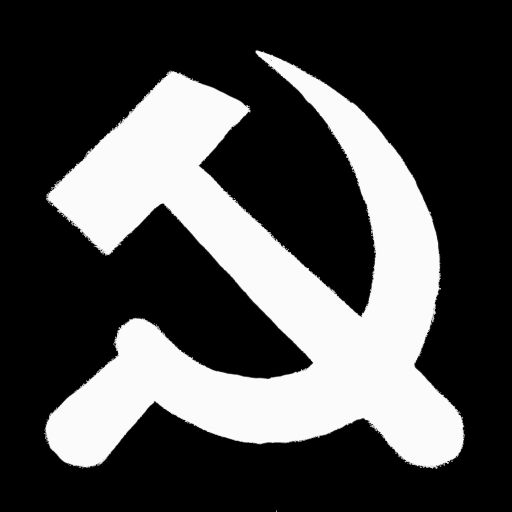Prisoner of Mao

I read this book as part of my ongoing “Communism in practice” research. It was a recommended reading from Frank Dikötter's Mao's Great Famine: a first hand account of life inside Mao Zedong’s Communist re-education/labor camps.
The events described by Bao are harrowing, and yet he writes with such straightforward, unsensational simplicity that it’s not until near the end of the book that I really started to grasp the scope of the ordeal he and others endured. The exact number of people who were imprisoned and treated to horrific conditions of deprivation, forced labor, socially mandated bullying, and ideological conditioning is unknown due to the Chinese government’s iron-fisted control over that data, but some estimates put it over a million. The real gut-wrenching terror comes from understanding that, in this case, one was too many.
If you’ve not got the time to devote to reading Aleksandr Solzhenitsyn's The Gulag Archipelago, Bao’s book is a shorter but incredibly detailed look into the entire process from capture to—extremely fortunate—release of an educated and observant man who escaped to a place where he could recount his experience. It is also a monumental reminder of the actual cost of policing a society’s mindshare, especially if you thought such things could only live in Orwellian fiction.
230916